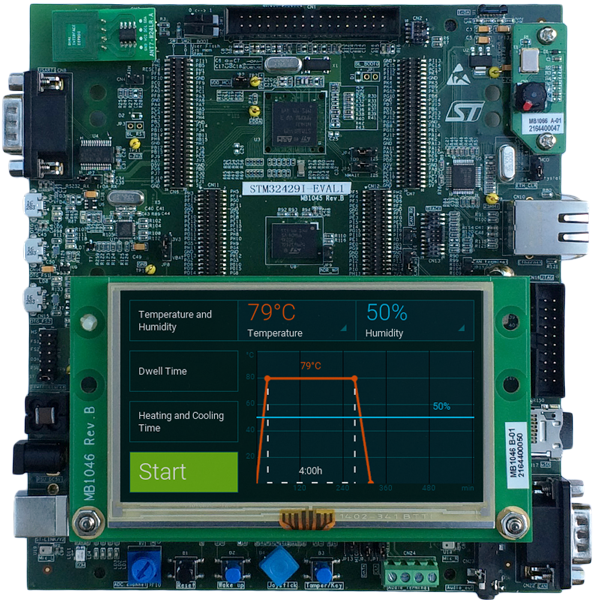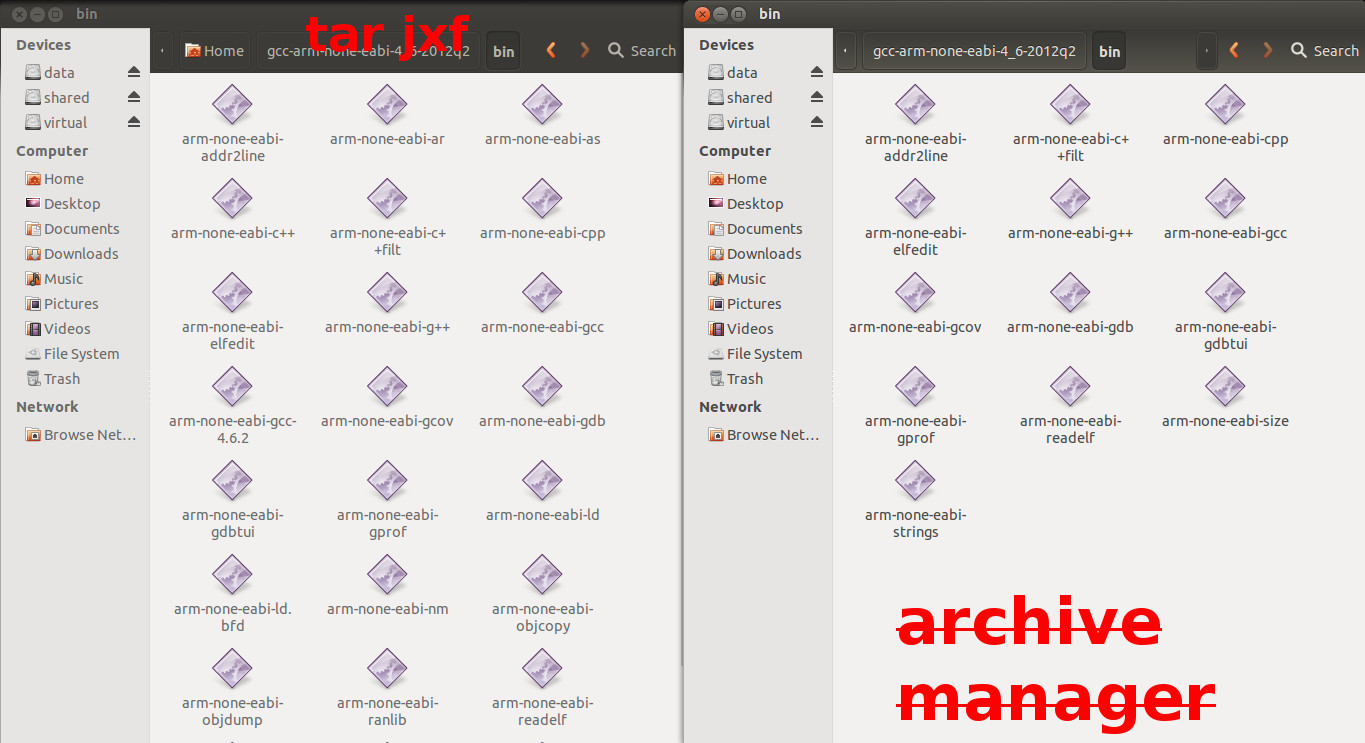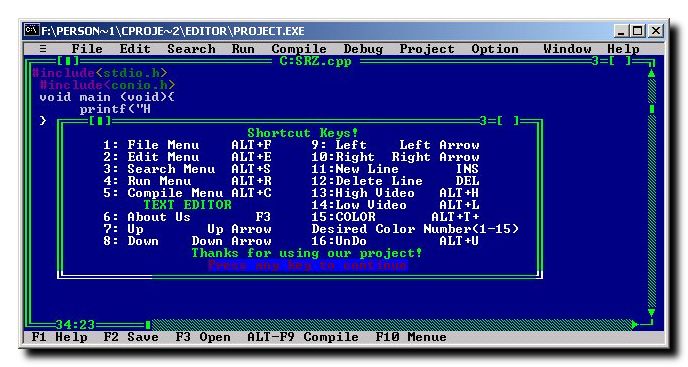
- #Stm32f4 free c compiler how to#
- #Stm32f4 free c compiler drivers#
- #Stm32f4 free c compiler pro#
- #Stm32f4 free c compiler software#
Most of the article was comparing how the development flow of writing C code goes in different product segments even though it was basically all doing the same job: writing C code. The one guy who recently did the massive and totally awesome comparison of sub $1 MCUs of 2017 got me thinking: there must be a better way.
#Stm32f4 free c compiler how to#
Now, if you know how to use them directly, you are free from the confusion caused by: * Multitude of totally differently working IDEs depending on which product family you end up with -> knowhow of direct usage of GNU tools allows you to better jump between families * Changing "this years trend IDE" culture * New versions working differently to the old ones * Front end bugs * Front end doing things people "usually want" behind your back I admit this is kind of idealistic and simplified goal, but I took the bullet and am very happy right now that I did.
#Stm32f4 free c compiler software#
The Manage Run-Time Environment (RTE) dialog allows selecting pre-built Software Components that will be part of a project.On the other hand, once you have done it a few times, you start to understand how it works, and after that, something great happens: gcc, ld and make (and gdb, but I don't use debugger very often) have been there for decades, and there are no signs whatsoever that they would be phased out in the MCU development quite the opposite, everybody seems to be migrating towards them (as a backend). You can download the standard STM32F4 board support package ( BSP) provided by ST Micro.īut first you have to add flash programming algorithm :ĪLT-F7 or Project -> Options for target or right-click like in pricture below

STM32F4x_Template.uvproj has all Keil configuration that you still have to make, see next chapter “Configuring Keil”.) You now have a template project folder that you can use to every new project. To the template project folder : STM32F4x_Template\stm32f407xx_lib – STM32F4-Discovery ( firmware to manage LEDs, Buttons, audio and acceloremeter chips, on discovery board )
#Stm32f4 free c compiler drivers#
– STM32F4xx_StdPeriph_Driver ( STM32F407 peripheral drivers ) – CMSIS (Cortex Microcontroller Software Interface Standard for Cortex-M processors ) To get the fowwing files and move them to a STM32F4-Discovery FolderĬreate folder \STM32F4x_Template and \STM32F4x_Template\stm32f407xx_lib > unzip file -> created folder : STM32F4xx_DSP_StdPeriph_Lib_V1.3.0 > stm32f4_dsp_stdperiph_lib.zip downloaded – Verify if correctly installed at Device Manager – Connect to USB cable the ST32F407-Discovery board and launch C: \ Keil \ ARM \ STLink \ ST-LinkUpgrade.exe

To the PC, Windows detects the new hardware.
#Stm32f4 free c compiler pro#
When connecting ULINK pro for the first time

ULINK pro uses a specific Keil USB driver, which is part of the Keil tools. – Launch C:\ Keil \ARM \ ULINK installULINK.exe Or launch C:\ Keil \ ARM \ STLink \ USBDriver \ ST-Link_V2_USBdriver.exe Unzip and launch : dpinst_amd64 (圆4) or dpinst_x86 (x86) MDK-ARM is specifically designed for microcontroller applications, it is easy to learn and use, yet powerful enough for the most demanding embedded applications.Ī Lite/evaluation version is available for free, but limited to 32KBytes of code. The MDK-ARM is a complete software development environment for Cortex ™-M, Cortex-R4, ARM7 ™ and ARM9 ™ processor-based devices.


 0 kommentar(er)
0 kommentar(er)
